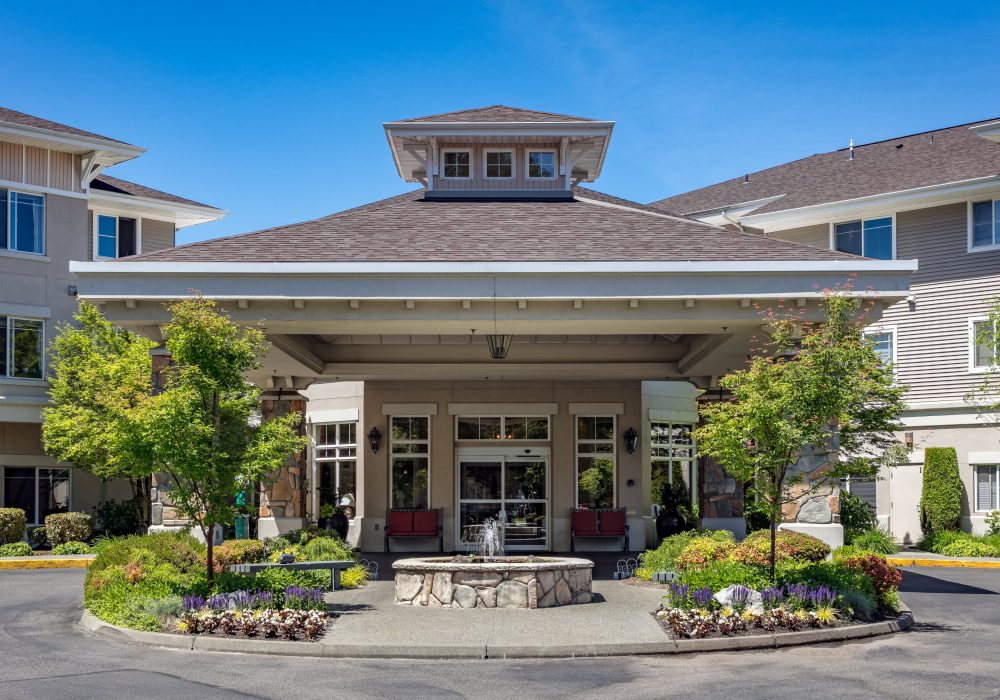
There are an estimated 5.7 million Americans living with Alzheimer’s disease. This number is expected to rise to nearly 14 million by 2050. Every 65 seconds someone in the United States is diagnosed with the disease. With numbers as staggering as these, it’s no surprise that we all are going to have to face the truth about dementia, even children. But, how do you explain the confusion and disorientation that comes with Alzheimer’s to a child?
5 Important Tips for Talking about Dementia with Children
Why does Grandma keep forgetting my name? Why does Grandpa do silly things now? As dementia progresses, symptoms become more difficult to hide from those closest to us. Honest and compassionate discussions need to happen in a safe and comfortable environment following a dementia diagnosis. Remember that fear often comes from the unknown. The unknown can be very difficult for children trying to understand changes in a loved one. As you navigate the conversation, give your child time and space to ask hard questions. Let them lead the conversation at times, giving you an opportunity to gauge their level of understanding.
These tips can help you discuss the disease and its implications with children who are dealing with a loved one’s dementia diagnosis.
1. Be honest
Children are incredibly intuitive and many may sense that something is amiss, even before you talk to them. It’s important to be honest and upfront, letting children know that dementia is a progressive disease and that there is no cure for the disease. While this may be upsetting to your child, it’s important to develop an honest relationship and ensure your child’s trust as he or she may need someone to talk to as their loved one’s dementia progresses.
Experience Leisure Care Senior Living
2. Remind them that their loved one is still there
Remind your child that their grandparent or loved one affected by dementia is still there and that person still loves them deeply. Let them know that dementia may take away memories but it can not take away love. It is not the fault of their loved one that they have dementia and we need to patient and understanding as the disease progresses, remembering that dementia is responsible for these changes, not the person with the disease.
3. Explain the unpredictability of the disease
Let your child know that dementia is incredibly unpredictable and inconsistent. If their loved one is okay one day and not the next, that person is not “faking” the disease. It’s just the nature of dementia. Keep your child informed as dementia progresses, giving them the knowledge to understand that changes in personality is par for the course.
4. Create a list of activities for children to do with their loved one
Sit with your child and make a list of activities that he or she can do with their loved one. Playing music, playing on a game on a tablet, doing a craft, and looking at old photos are great activities for children to do with seniors who have dementia. It’s engaging for the person with dementia and helps children interact with their loved one in a fun way.
5. Find the positive
While a dementia diagnosis is incredibly devastating, it’s important to look for the positives in the situation. Take photos of your child enjoying time with their loved one, remember the good times, and be honest about the reality of the situation while finding the joy in the present.
How have you helped your child cope with a loved one’s dementia diagnosis? We’d love to hear from you in the comments below!
Find a Leisure Care Community
Better with age, exceptional with us! Come and see how Leisure Care communities are helping seniors rediscover (and sometimes reinvent) themselves.








